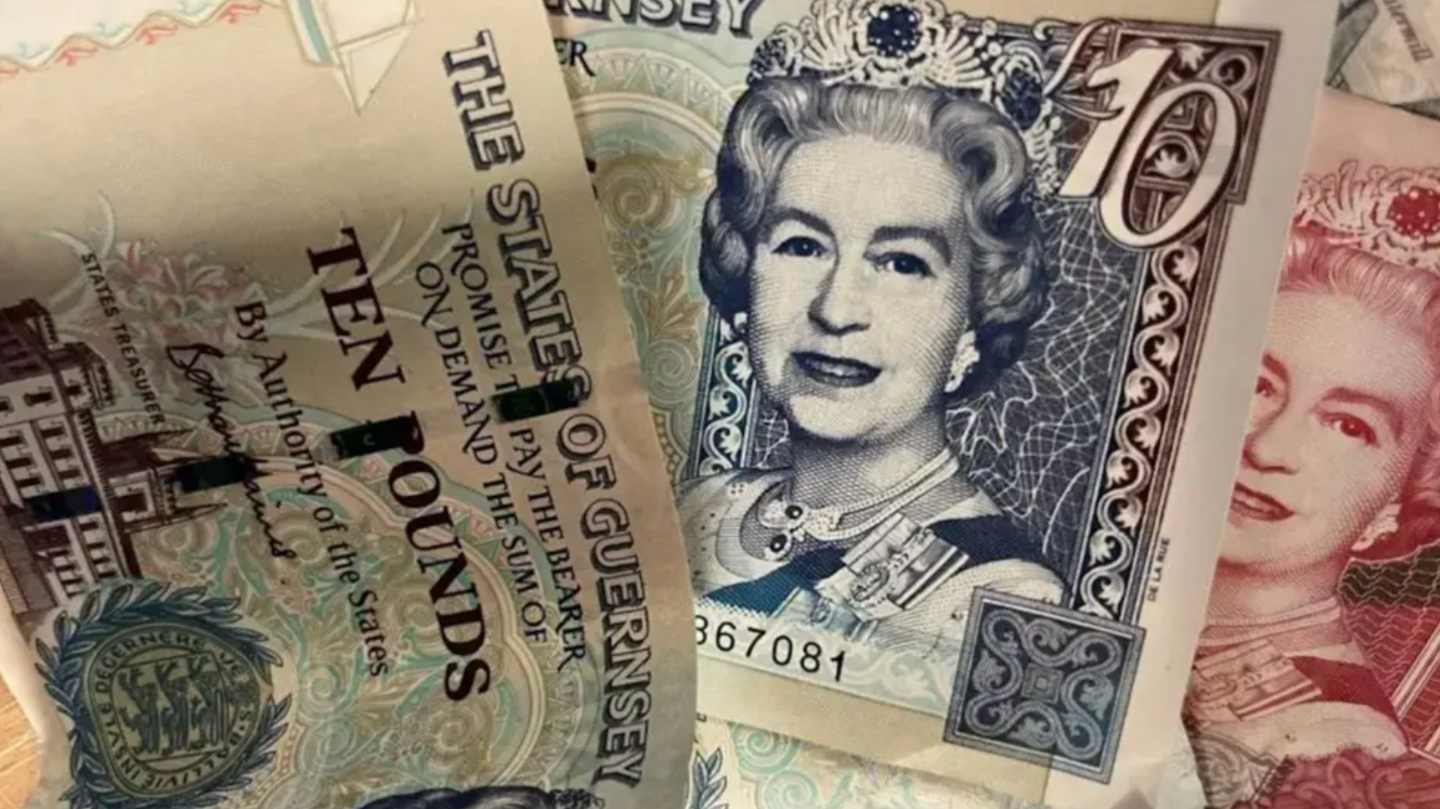Institute of Directors reacts to inflation slowing

Richard Hemans said the inflation rate was "lower than the UK" which was "a welcome development but not yet a cause for complacency"
- Published
The Institute of Directors in Guernsey has reacted after inflation slowed to 3.9% between March and June.
The rate, measured by the Retail Price Index (RPI), is 1.4% lower than the same time last year and 0.3% lower than March 2025.
Richard Hemans, the Institute of Directors Guernsey's lead on economics, said the island "must accelerate housing development, expand workforce capacity, and improve productivity in key service sectors, while fiscal discipline, targeted immigration, and greater competition in key markets are also essential to ease inflationary pressure".
He said the inflation rate was "lower than the UK" which was "a welcome development but not yet a cause for complacency".
The bulletin, external showed Guernsey's housing costs increased by 6.9% and contributed 1.3 points to overall inflation.
Household services and food were the other major drivers of Guernsey inflation, rising 5.7% and 4.4% respectively.
Core inflation, excluding food and energy, was 3.2%, down from 4.2% in March.
The institute represents business leaders and directors in Guernsey.
Mr Hemans said: "The reduction in core inflation underlines the impact of volatile food and energy prices on local inflation, with recent electricity price increases contributing 0.3% to the latest figures.
"Core inflation is therefore coming down faster than the headline figure suggests."
'Avoiding wage-price spirals'
He added that "services inflation accounts for 2.9% points of Guernsey's 3.9% RPI, compared with 1.0% from goods.
"The biggest service-sector pressures stem from rents, fees and subscriptions, mortgage interest, electricity, and domestic and personal services — areas where market concentration and labour shortages are driving persistent cost increases."
He said it highlighted the structural challenges faced by Guernsey's housing and labour markets.
He said the "States' forecast of 3.2% inflation by year-end looks achievable, but further progress will depend on easing housing costs and avoiding wage-price spirals.
"Persistent inflation at current levels risk eroding competitiveness and living standards," he added.
Follow BBC Guernsey on X, external and Facebook, external and Instagram, external. Send your story ideas to channel.islands@bbc.co.uk, external.
Related topics
- Published22 July

- Published24 July

- Published1 May

- Published14 July
